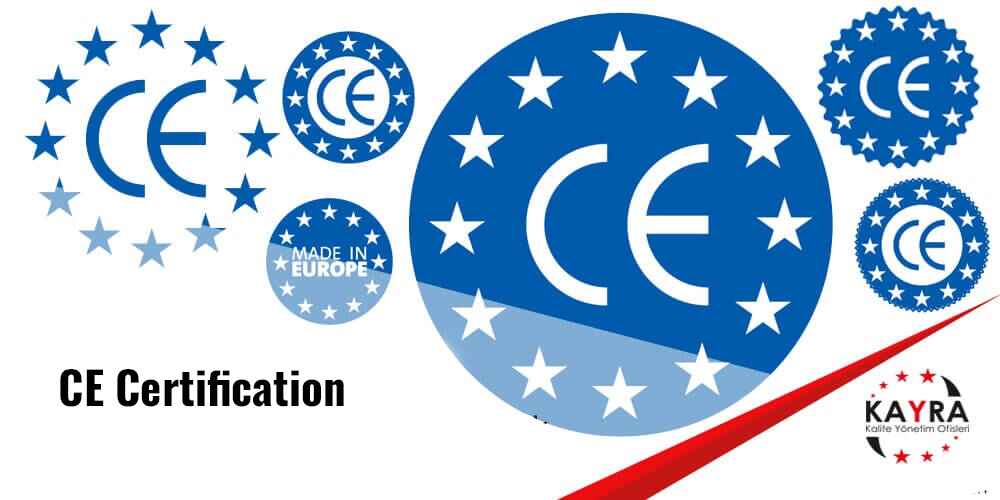Aggregate CE Certificate and Certification Process

Aggregate CE Certification: A Comprehensive Guide for Compliance
Aggregate CE Certificate and Certification Process
Aggregate materials such as natural or processed stones, sand, and gravel are widely used in construction applications, including concrete production, road construction, and various infrastructure projects. In order for these materials to be sold in the European Union (EU) market, they must meet specific standards and obtain a CE certificate, which signifies compliance with EU regulations. This certification is necessary to ensure the product’s safety, performance, and environmental impact, enabling legal sales in the EU and access to international markets.
Aggregate CE Certificate and Certification Process
To obtain a CE certificate for aggregate products, the following steps are required:
Product Classification and Technical File Preparation:
Aggregates are classified based on their intended use and physical characteristics. The technical file documents the entire design and production process, ensuring compliance with safety and performance standards. This file includes reports on material properties, product testing, and conformity to relevant European standards.
Compliance Testing:
A series of tests are necessary to assess the product’s quality and suitability for use in construction. These tests ensure the product meets required durability, load-bearing capacity, and environmental safety standards. Common tests include:
Durability test
Tensile and compressive strength tests
Shrinkage test
Environmental safety and health evaluations
Collaboration with Notified Bodies:
The CE certification process for aggregates involves a notified body, which is responsible for reviewing the product’s technical file and confirming that it adheres to all relevant standards. The notified body will then issue the CE certificate once compliance is assured.
Obtaining the CE Certificate and Market Introduction:
After successful testing and evaluation, the CE mark is awarded, granting the product legal permission to be marketed within the EU. The CE mark is recognized across EU member states, ensuring the aggregate product is compliant and safe for use.
Advantages of Obtaining an Aggregate CE Certificate
Legal Requirements:
The CE certificate is a legal necessity for selling aggregate products within the EU, ensuring compliance with EU regulations.
Safety and Quality Assurance:
The CE mark guarantees that the product meets EU safety and quality standards, which reassures both manufacturers and consumers about its reliability and performance.
International Market Access:
Products bearing the CE mark are recognized globally, facilitating easier access to international markets outside of the EU as well.
Documents Required for Aggregate CE Certification
To achieve CE certification for aggregate products, the following documentation must be prepared:
Technical file (including product design, production process, and test reports)
Safety and performance test results
Environmental safety documentation
User and maintenance manuals
QRS Certification offers expert support for companies seeking CE certification for aggregate products. We assist throughout the entire process, ensuring compliance with all necessary regulations, and help complete testing and auditing swiftly to facilitate the timely market introduction of your product.
